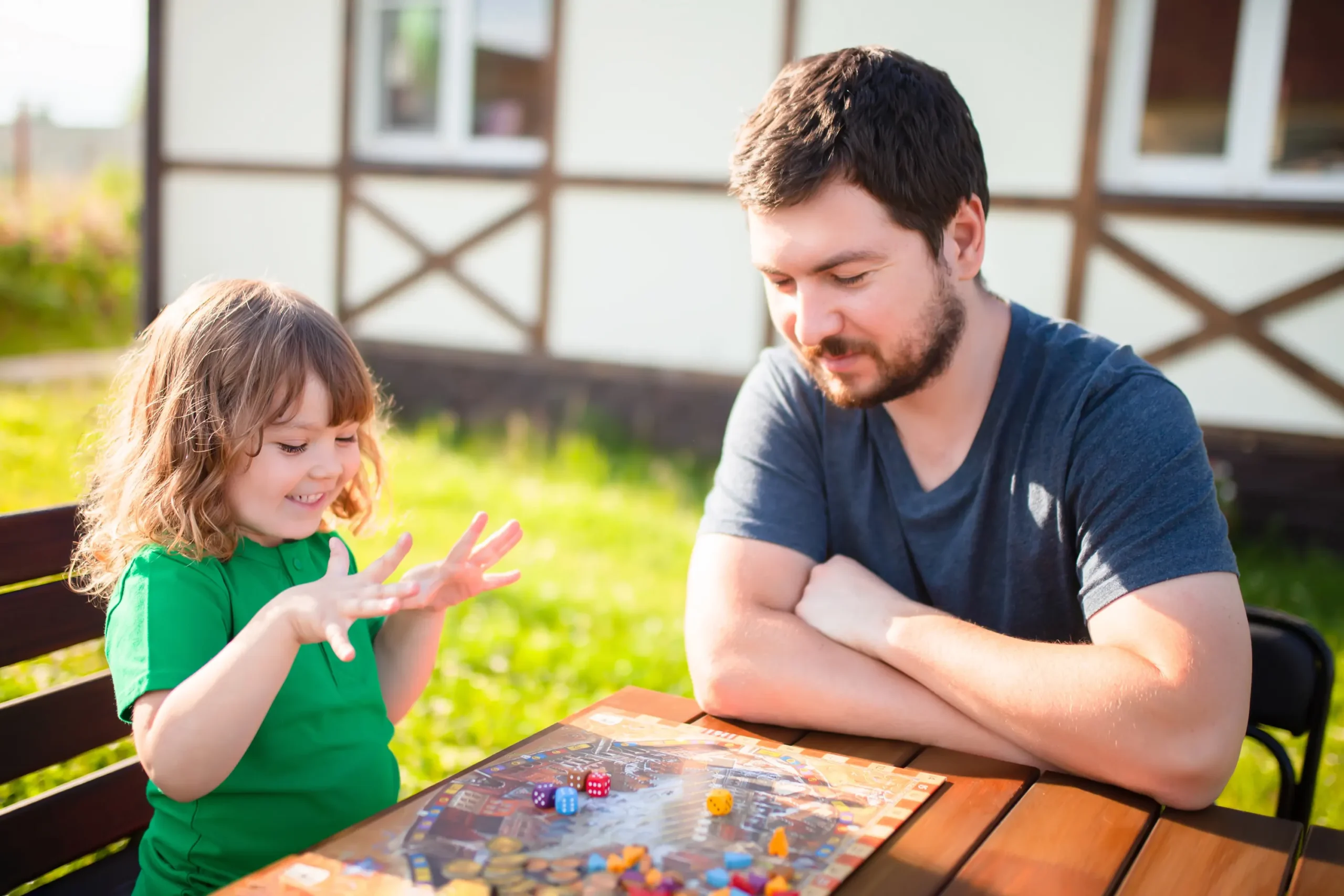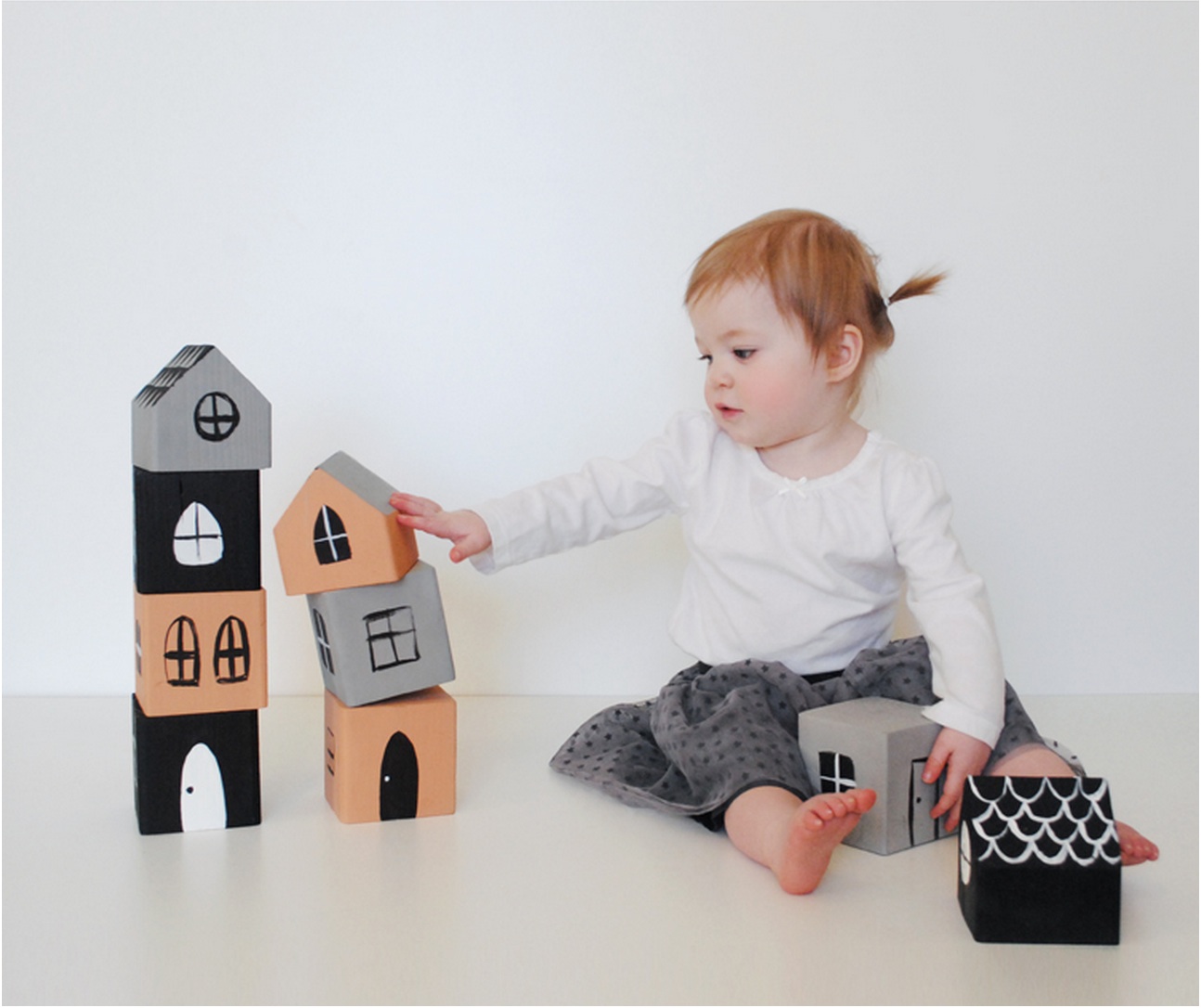
Erikson’s Stages of Development: How Children Develop In Relation To Social Expectations
Erik Erikson, a renowned psychoanalyst, made pioneering contributions to our understanding of human development by introducing the concept of psychosocial stages. These stages elucidate how individuals evolve psychologically in the context of societal expectations, with the term “psycho” encompassing individual needs and “social” referring to the demands and norms imposed by society. Erikson’s insights continue to hold great relevance in numerous fields, including pediatrics, mental health, education, and beyond. His groundbreaking perspective shifted the paradigm of development, emphasizing that it is a lifelong process extending well beyond early childhood.
One of Erikson’s key innovations was to acknowledge that development occurs throughout the entire lifespan. While many theories at the time primarily focused on early childhood, Erikson recognized that individuals continually grapple with psychosocial challenges and opportunities for growth. He envisioned these stages as critical junctures where one’s personality takes shape, and each stage is characterized by a unique “crisis” that individuals must confront.
Erikson’s concept of a developmental crisis is central to his theory. These crises represent the psychological conflicts that emerge during each stage of life. Successfully navigating these challenges leads to personal growth and development, while difficulties in resolving them can result in a sense of stagnation or being “stuck” in a particular stage. This concept has profound implications for mental health, as unresolved crises may contribute to emotional and psychological issues in the long term.
Erikson’s theory underscores the importance of understanding that psychological development is an ongoing process, shaped by the interplay between individual needs and societal expectations. By recognizing and addressing the unique challenges presented at each stage of life, individuals can achieve personal growth, adapt to changing circumstances, and ultimately attain a greater sense of well-being. This enduring framework continues to guide professionals and researchers in their efforts to support healthy development and mental health across the lifespan.
| Stage/Age | Crisis | Resolution | Description |
| Birth – 1 year | Trust vs Mistrust | Hope | This stage outlines the need for an infant to know that their caregivers are responsive, reliable, and safe. If they are, the infant learns that others can be trusted and resolves this crisis. If not, the infant learns that people cannot be trusted and will struggle to move to the next stage. |
| 1 – 3 years | Autonomy vs Shame/Doubt | Will | Known as “the terrible twos” or “threenagers” this stage often comes with a lot of tantrums. Erikson believed this was due to children learning that they are their own dependent beings and working towards independence and autonomy. If supported and allowed, that autonomy is successful. If the child fails to gain that autonomy or is belittled, told they cannot do tasks on their own or are not given the chance to try things on their own, they develop shame and self-doubt, making it challenging to move forward to the next stage. |
| 3 – 6 years | Initiative vs Guilt | Purpose | As children begin to play and engage in more complex activities, they begin to take more initiative in their own lives. They will often make plans and carry them out on their own or with friends. If successful, they begin to feel as though they have a purpose and sense of belonging. If unsuccessful, guilt can develop due to their failed attempts and independence. |
| 7 – 11 years | Industry vs Inferiority | Competence | Throughout the heart of schooling, children learn and develop competence in many areas such as academics, social relationships, emotional regulation, etc. When children feel capable and successful, they develop competence and confidence in themselves. If unsuccessful, they may feel inferior. |
| 12 – 18 years | Identity vs Role Confusion | Fidelity | As adolescents begin to go through puberty, they work towards building a sense of self and identity. They may try out many different roles and refine themselves across different areas of life (school identity, home identity, extracurricular activities, etc.). If successful, they will develop a strong sense of identity. If unsuccessful, they may become confused about who they are and their roles in different systems. |
| 19 – 29 years | Intimacy vs Isolation | Love | Young adults work towards deep and meaningful relationships, intimacy, and love. Without these relationships, feelings of isolation can occur. |
| 30 – 64 years | Generativity vs Stagnation | Care | Middle-aged adults work towards contributing to their community and the world. This is usually fostered through work, family life, hobbies, etc. The resolution here is care for oneself and the passing on of care to others. If unsuccessful, stagnation can occur. |
| 65+ | Integrity vs Despair | Wisdom | As older adults begin to reflect on their lives, they assess their contributions to the world and make meaning of their past years. The resolution here is wisdom gained throughout the years. Success would be finding satisfaction and contentedness with the life lived and failure would result in dissatisfaction, despair, or regrets. |




